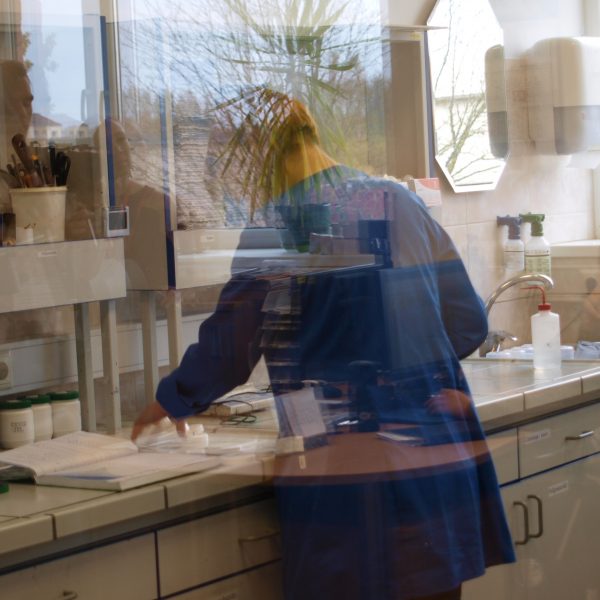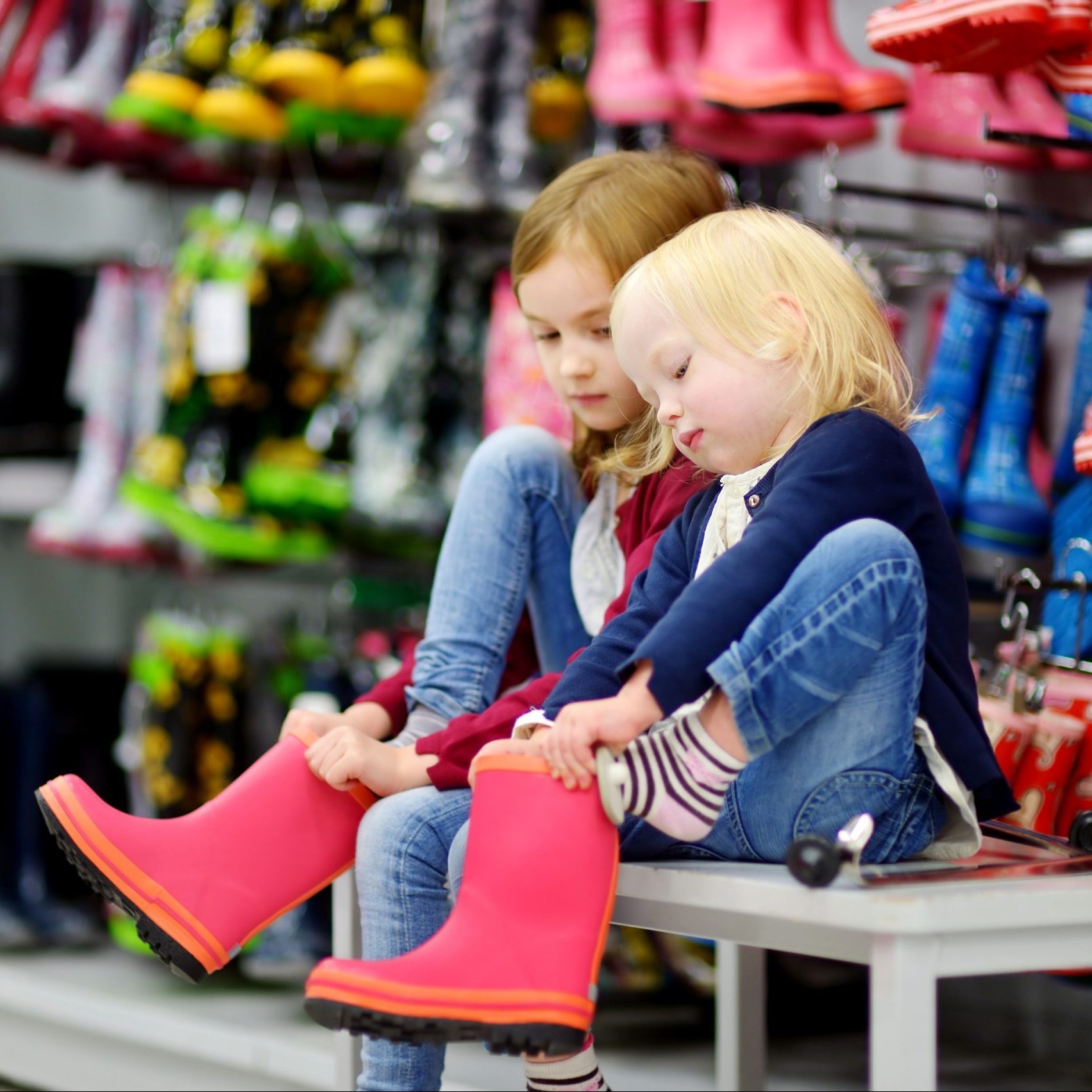With the recently adopted HELCOM Baltic Sea Action Plan (BSAP) the Baltic Sea countries have committed themselves to achieve a “Baltic Sea with life undisturbed by hazardous substances”. An important part of the Action Plan is to further work on the identification of sources and development of measures for hazardous substances being of concern for the Baltic Sea and by 2010 to develop national implementation programmes.
The overall objective of COHIBA project is to support the implementation of the BSAP with regard to hazardous substances by developing joint actions to reach the goal. Taking into account their potential hazard the BSAP identifies 11 substances/substance groups as being of special concern to the Baltic Sea, which are also the focus of this project. The project includes partners and activities in all Baltic Sea coastal countries giving it a strong transnational character, and providing input for decision making for common actions needed for a healthy Baltic Sea.
The following activities carried out:
identification of sources of the selected hazardous substances for which there is currently scarce information available, by performing screening in municipal and industrial waste waters as well as landfill effluents and storm waters, in all countries around the Baltic Sea
development of innovative toxicity based cost-effective monitoring practices based on the Whole Effluent Assessment (WEA) approach
analysis of flow patterns from production, processes and uses as well as quantification of releases and inputs to the Baltic Sea of the hazardous substances of concern
development of recommendations for management measures as well as the evaluation of their effects and cost effectiveness, including pilot cases in certain industries
knowledge transfer of best practices to the Eastern side of the Baltic, and capacity building for authorities and industries to control hazardous substances.
The project enhanced the capability of the Baltic Sea countries to implement their international obligations under the forthcoming European Marine Strategy and the Water Framework Directive, and contributes to national activities to identify and address sources of hazardous substances to reach the cessation targets for HELCOM/EU priority hazardous substances by 2020. Project activities and results will be considered in conjunction with HELCOM meetings on both policy and expert level with representation from all ten HELCOM Contracting Parties ensuring the implementation and durability of the results. The project utilise dresults gained in other HELCOM and EU projects, such as SOCOPSE and REBECCA, filling in with activities that were identified necessary by Baltic Sea countries during the two year period of the development of the BSAP. The proposed project has been supported by all HELCOM Contracting Parties.
Project details
- Project management: Finnish Environment Institute
- Funded by: Baltic Sea Region Programme 2007 – 2013
- Operational time: 01/2009-04/2012
Project partners
Finland: Finnish Environment Institute
Denmark: The Copenhagen Municipality, Copenhagen Waste Water Treatment Plants, Copenhagen Energy and Technical University of Denmark.
Estonia: Baltic Environmental Forum; Estonian Marine Institute, University of Tartu; Estonian Environmental Research Centre; Tallinn University of Technology
Germany: Federal Environment Agency of Germany; Mecklenburg-Vorpommern Ministry for Agriculture, Environment and Consumer Protection.
Latvia: Baltic Environment Forum; Latvian Institute for Aquatic Ecology.
Lithuania: Baltic Environment Forum; Centre of Marine Research; Environmental Protection Agency, Ministry of Environment; Institute of Botany.
Poland: Institute of Ecology of Industrial Areas IETU.
Sweden: IVL Swedish Environmental Research Institute; Swedish Chemicals Agency; City of Stockholm; HELCOM
Project employees
Valters Toropovs



